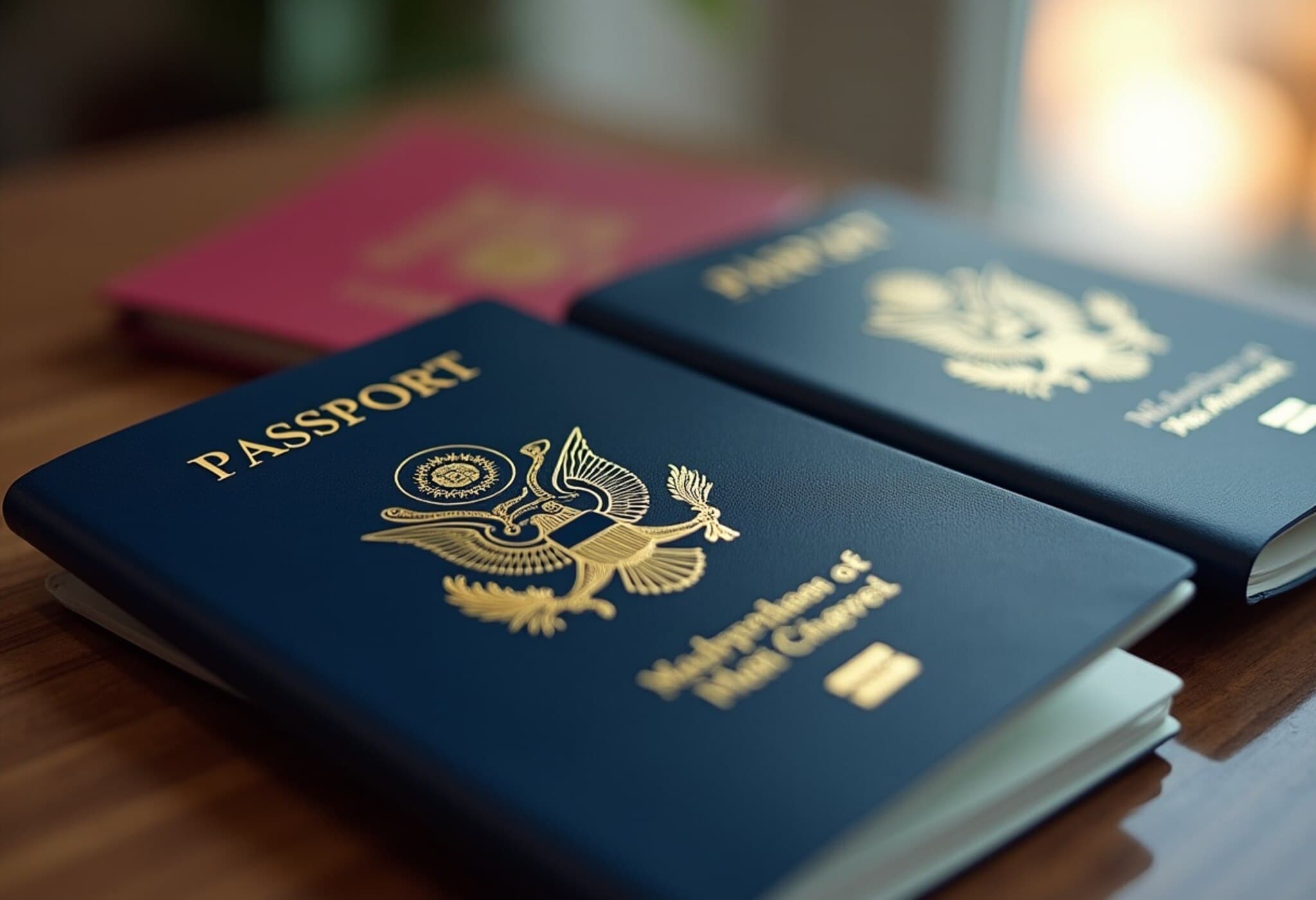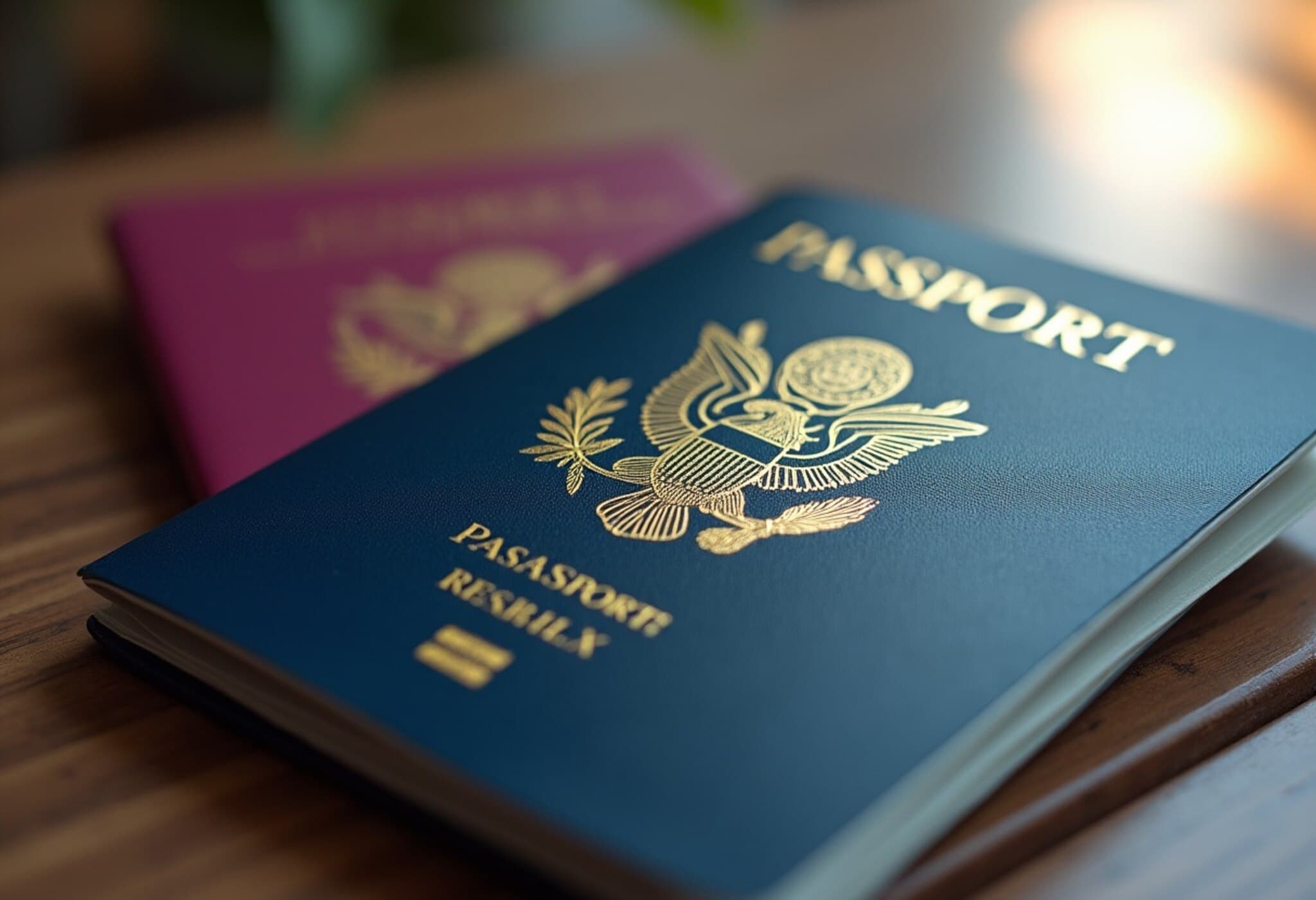Federal Judge Blocks Restrictive Passport Policy for Transgender Americans
In a significant legal development, a federal judge has temporarily blocked the Trump administration's policy denying passport issuance to transgender and nonbinary individuals that align with their gender identities. The ruling safeguards the rights of transgender, nonbinary, and intersex Americans nationwide to obtain passports with accurate gender markers.
Preliminary Injunction Expands Nationwide
U.S. District Judge Julia Kobick, based in Boston, initially issued a preliminary injunction earlier this year that applied to six transgender and nonbinary plaintiffs, allowing them to receive passports reflecting their gender identities or marked with an "X" sex designation. On Tuesday, she expanded this protection by granting the lawsuit class action status and extending the injunction nationwide.
Judge Kobick, appointed by President Joe Biden, determined that the policy --- which the State Department implemented following an executive order signed by former President Donald Trump --- likely discriminates based on sex and violates the Fifth Amendment of the Constitution due to its irrational prejudice against transgender individuals.
Class Action Status Validated
The court recognized the class action status as appropriate since the Department of State's policy uniformly affects multiple categories of passport holders: transgender, nonbinary, and intersex individuals. They are uniformly prevented from obtaining passports that correctly represent their gender identity.
Legal and Civil Rights Perspectives
Li Nowlin-Sohl, attorney for the plaintiffs representing the American Civil Liberties Union, described the ruling as "a critical victory against discrimination and for equal justice under the law." The State Department has yet to comment on the ruling.
Background: The Controversial Passport Policy
The dispute arises from an executive order issued by former President Trump shortly after taking office in January 2021. The order mandated that government documents recognize only two sexes — male and female — based strictly on biological sex at birth.
Following this directive, the State Department revised its passport application process. Rather than allowing applicants to self-identify their gender, it began requiring them to provide their biological sex at birth and limited options strictly to "male" or "female." This represented a stark shift from previous decades of policy.
Prior and Current Passport Gender Policies
- For over 30 years prior to the Trump administration, individuals could update the sex designation on their passports to align with their gender identity.
- Under the Biden administration in 2022, the State Department reinstated the ability for applicants to select an "X" designation as a gender-neutral marker, along with the traditional "M" or "F" options.
What This Means Moving Forward
This ruling represents a pivotal step toward ensuring federal recognition and dignity for transgender, nonbinary, and intersex Americans in government identification documents. While the legal battle continues, the injunction offers immediate relief and the prospect of broader policy reform.
The case highlights ongoing debates around transgender rights and government recognition amid shifting political landscapes, underscoring the judiciary's role in protecting constitutional rights against discriminatory policies.

















